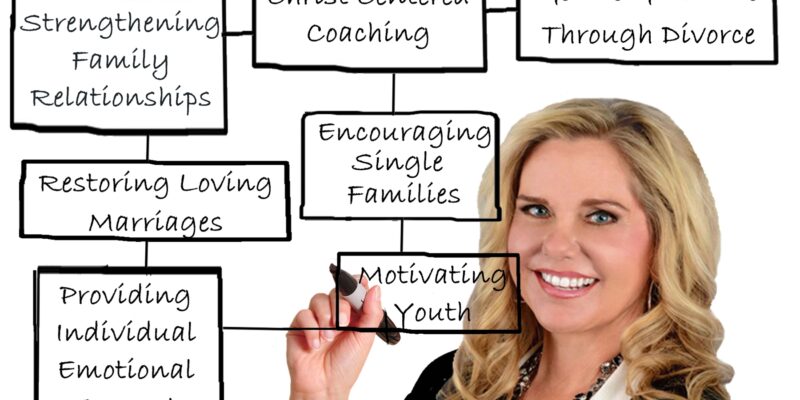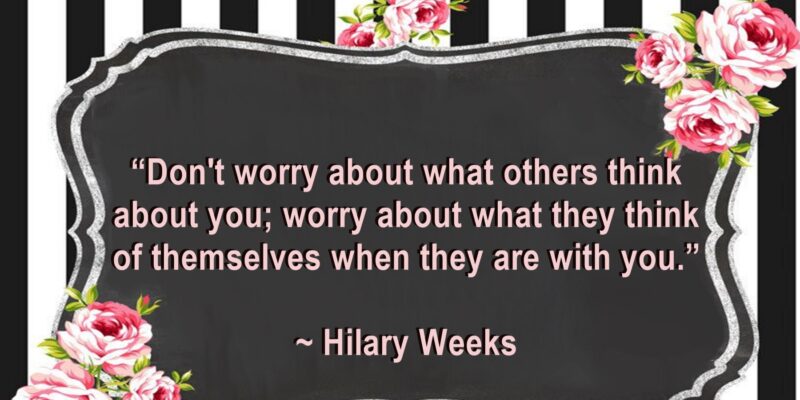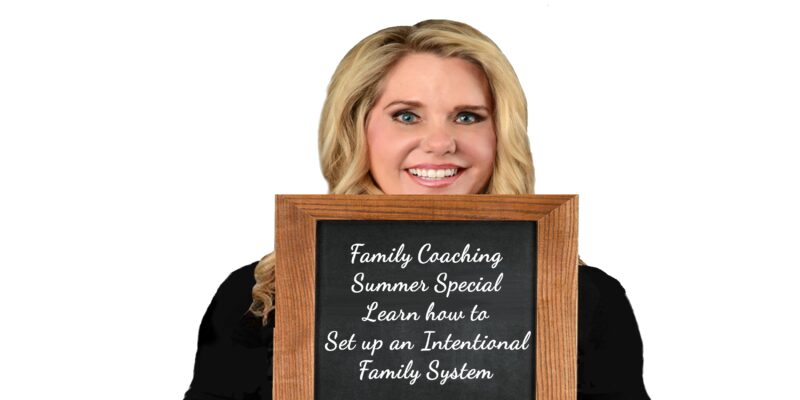What is Emotional Resilience and how can we get it into our lives?
Emotional resilience is a skill that not only helps us build healthy relationships, it also helps us effectively handle the stress that comes with everyday life.
Here are 5 down to earth steps you can take to strengthen the emotional resilience in your life.
- Understand Your Emotions
Research indicates that those who understand their emotions have better communication skills, stronger relationships and are more stable during challenging times. Yet, many people have never been taught how to deal with the emotional challenges we all face in the world we live in.
Have you heard ever the saying “Feelings buried alive never die?” These feelings never die until they are acknowledged, understood, processed and released.
One of the most significant things you can do to improve your emotional life is to train yourself to notice your reactions, process your thoughts, feelings, attitudes, and unconscious beliefs.
I have a formulated a simple process that can help you do that. This process is called NICE and I encourage all my clients to use it. NICE stands for Notice, Interrupt, get Curious and Evaluate.
Feel free to access the process here and reach out if you have any questions
2- The Impact of Your Thoughts
Did you know that our thoughts and feelings have a significant influence over the way we view the world? For instance, if I have a consistent thought that “people don’t like me”, the feelings I encounter will create a reluctance to engage in new relationships. If I change that thought to “people don’t know me”, it opens the door to building new relationships.
Our conscious thoughts are the bridge that covers the gap between what we feel is real and the reality of how life really is.
Have you ever tried to stop your mind from thinking?
Try it now.
Set a timer on your phone and for the next 60 seconds close your eyes, clear your mind, and think of absolutely nothing.
Were you able to do it? I’m going to guess, probably not.
At some level, we are always having an internal dialogue with ourselves.
Did you know that you think more than 60,000 thoughts a day, making it nearly impossible to quiet the chatter in your mind? The good news is you may not have the ability to stop the chatter, but you can direct it in a way that you want it to go.
In our quest for emotional resilience, one of the easiest things within our ability to control is our thoughts. The challenge is sometimes negative thoughts compound and create patterns that affect the way we view the world without us even realizing it.
This is how James Clear, author of the New York Times bestselling book, Atomic Habits, describes how, “Negative thoughts compound.”
“The more you think of yourself as worthless, stupid, or ugly, the more you condition yourself to interpret life that way. You get trapped in a thought loop. The same is true for how you think about others. Once you fall into the habit of seeing people as angry, unjust, or selfish, you see those kinds of people everywhere.”
The Talmud once said: We don’t view the world the way the world is, we view the world the way we are.” Our emotions prime the way we view the world. Let me give you a personal example. I have done a lot of work on my inner perception of life and consider myself emotionally stable. I don’t feel uncomfortable meeting new people because I have grown to love the person I have become.
However, things change when I step into the online dating world. It’s not meeting new people that throws me off, it’s the uncomfortable nature of the dating game that I have a hard time navigating. Before I even engage, it’s like someone takes a bottle of miracle grow and pours it all over my unconscious insecurities. When this occurs, I have noticed that I not only make all kind of excuses about why now is not a good time for me to date, I start spending my time on things I love like writing a new book or creating seminar.
The sad part about this type of thought loop is I want a loving relationship in my life. Yet, the more I engage the more insecure I feel.
Are you familiar with Lao-Tzu’s term, “Change your thoughts, Change your life”? I am very conscious of the thoughts that throw me into my insecurities and have become quite comfortable acknowledging my feelings and redirecting my thoughts. With dating, I realize that what I am feeling is vulnerability. The reality is— dating is vulnerable and there are times when everyone can feel a bit insecure.
I want to point out that my feelings towards dating didn’t change. The only thing that changed was the way I was looking at it. I went from a story based on uncomfortable feelings, to a story based on a logical reality. Did you know that fear and excitement are housed in the same region of the brain? So, it wouldn’t take much for me to realistically shift my reluctance to something I would enjoy.
Try changing a story of something you are struggling with and let me know how it goes!
3- The Power of Forgiveness
Forgiveness has a special way of turning resentment into resolution.
Forgiveness doesn’t justify, excuse or deny any pain an offense has caused us. What forgiveness does for us is it releases us from the burdens we carry.
Yet, forgiveness isn’t always easy.
When we are treated poorly it’s natural to feel hurt, angry or disappointed. Choosing to forgive those who have hurt us is not about forgetting what we have encountered, it’s about letting go so we can remember without the pain. If we completely forget the times in our lives where we’ve been hurt, we set ourselves up for reccurring mistreatment.
The nice thing about the forgiveness process is—we don’t have to wait for others to acknowledge our pain or accept our apology. Forgiveness is not about retribution, or having the offender pay the price for the pain they have caused before we can forgive them.
Forgiveness is actually not about healing anyone else. It’s about giving ourselves permission to find freedom in our own lives.
When we give ourselves permission to release the hold other people have had over our lives, our pain is replaced with a precious gift that releases our burdens and brings us peace.
4- Faith
Researchers are beginning to discover the powerful contribution that spirituality can have on our emotional health. Regarding faith, I want to testify that when we let God into the fabric of our lives, He will heal our wounds and give us strength.
Ezra Taft Benson once said “Men and women who turn their lives over to God will discover that he can make a lot more out of their lives than they can. He can deepen their joys, expand their vision, quicken their minds, strengthen their muscles, lift their spirits, multiply their blessings, increase their opportunities, comfort their souls, and pour out peace.”
Working through the pain and sorrow of my childhood so I could turn everything over to the Lord gave me a personal testimony that these words are true. When we turn our pain and sorrow over to the Lord, He will not only comfort our souls and pour out peace, but will also help us be at peace with ourselves.
It is the gift of peace that has given me the ability to let go of my past and respond appropriately without having my feelings hurt or taking things personally. In times of stress, I have the skills to better regulate and manage difficult emotions such as loneliness, anger and fear. Being the master of my emotions gives me a greater sense of balance which creates less stress in my life.
Let me clarify that God didn’t take the memories of my past from me. Instead, His atoning sacrifice gave me the ability to look upon those memories with new eyes. I now see how those heartbreaking experiences have prepared me for a meaningful life of service.
5- Practice Gratitude.
Gratitude is a powerful human emotion that helps build and sustain loving relationships. Gratitude also improves our physical, spiritual and psychological well-being.
It has been proven that gratitude can help those who suffer with conditions such as depression, anxiety, and stress feel better.
Studies also indicate that that couples who express gratitude on a regular basis are happier and feel an abundance of overall sense of satisfaction in their lives.
One of my favorite sayings is, “Gratitude turns what I have into enough.” ~Aesop
Melody Beattie defines it further by saying, “Gratitude turns what we have into enough, and more. It turns denial into acceptance, chaos to order, confusion to clarity. It can turn a meal into a feast, a house into a home, a stranger into a friend. Gratitude makes sense of our past, brings peace for today and creates a vision for tomorrow.”
Did you know that having gratitude for the little things will increase your overall satisfaction with life?
In fact, acknowledging and expressing gratitude will give you better coping skills and improve your ability to manage stress. I keep a daily gratitude journal and will often use my journal to remind myself of my personal blessings and strengths. A few years ago, I added a routine that Dean Graziosi does before he gets out of bed in the morning.
Morning Routine, 3 habits of gratitude to do before you get out of bed in the morning.
Following these simple steps will help you set the foundation for your day.
1- Think of one thing that you are grateful for.
2- Acknowledge 3 wins that you had the day before.
3- State 3 wins that you want for the day. Write it down and make it happen.
Do this for a week and watch the happiness and peace in your life increase.
I also encourage you to take Dean’s free 30-Day Challenge. Dean is an amazing contributor, and I am sure that you will enjoy all the insights he freely offers.
This 30-Day Challenge gives you a simple task to accomplish each day for 30 days. You can find the information on living.thebetterlife.com
Gratitude is a powerful human emotion that helps build and sustain loving relationships. Gratitude also improves our physical, spiritual and psychological well-being.


